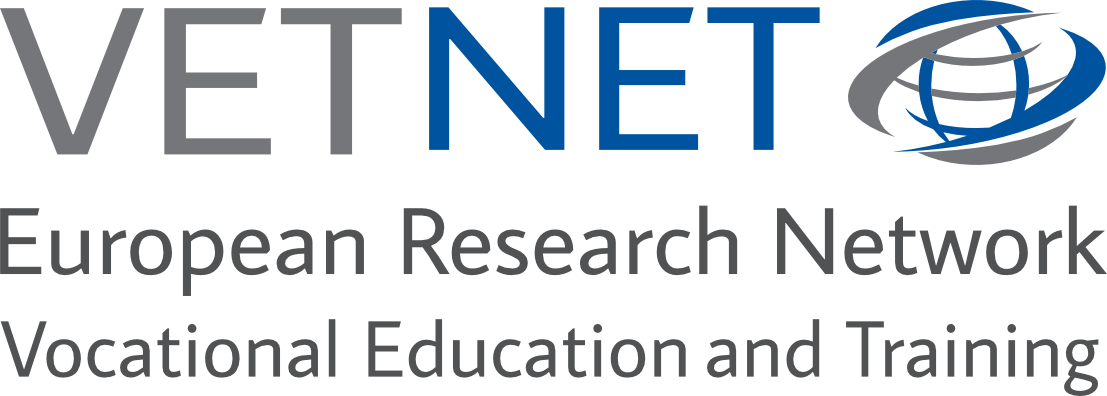International Curriculum Comparison in Vocational Education and Training: A Collaborative Development of an Analysis Instrument
DOI:
https://doi.org/10.13152/IJRVET.8.4.2Keywords:
International Comparative Research, Vocational Education and Training, VET, Competence-Based Education, Curriculum, Analysis InstrumentAbstract
Context: International comparative research on Vocational Education and Training (VET) is gaining importance, as global cooperation and mutual learning in VET grows. However, it is characterized by a high degree of complexity, due on one hand, to the heterogeneity of the VET sector, and on the other hand to the unique challenges of international comparisons. In addition, comparative research projects are increasingly conducted in the form of cross-border collaborations, which have their own particular organizational and methodological considerations, opportunities, and challenges. This paper presents an example of a cooperative research process, aimed at investigating the complex phenomenon of the competence-based approach in Russian and Chinese VET. In providing an example of developing an instrument for curriculum analysis and comparison, we discuss and reflect on the methodological and organizational peculiarities and challenges of the research process conducted collaboratively by an international team.
Method: The instrument for analysis and comparison of curricular documents, was developed in an iterative multi-stage process, combining deductive and inductive steps. The embeddedness of the elements of a competence-based approach in curricular documents is investigated, using qualitative content analysis. To develop a coding frame, we started with a comprehensive partially systematic literature review of international, Russian and Chinese discourses on competence-based curricula. The frame was built on the selected model of competence-based education, and on accumulated results of the literature analysis of national discourses. Furthermore, during the first coding process, an iterative adaptation of the developed instrument took place.
Results: The result of this process was the development of an analysis instrument which, on the one hand, is well-adapted to each national context and, on the other hand, allows a comparison of results along the same dimensions of analysis, in our case, elements of the competence-based approach in curriculum.
Conclusion: Developing an analysis framework for a cross-cultural comparative investigation of such a diffuse and heterogeneous construct as the competence-based approach, can pose a methodological challenge for an international team of researchers. However, an effective application of own team resources such as proficiency in different languages, insider and outsider perspectives, along with continuous intensive communication and a flexible, iterative research process, allows development of a well-adapted analysis instrument for international comparison.
Downloads
Online First / Final Publication Date
How to Cite
Issue
Section
URN
License
Copyright (c) 2021 Pujun Chen, Anastasia Goncharova, Matthias Pilz, Dietmar Frommberger, Junmin Li, Olga Romanova, Yueru Lin

This work is licensed under a Creative Commons Attribution-NonCommercial-NoDerivatives 4.0 International License.





